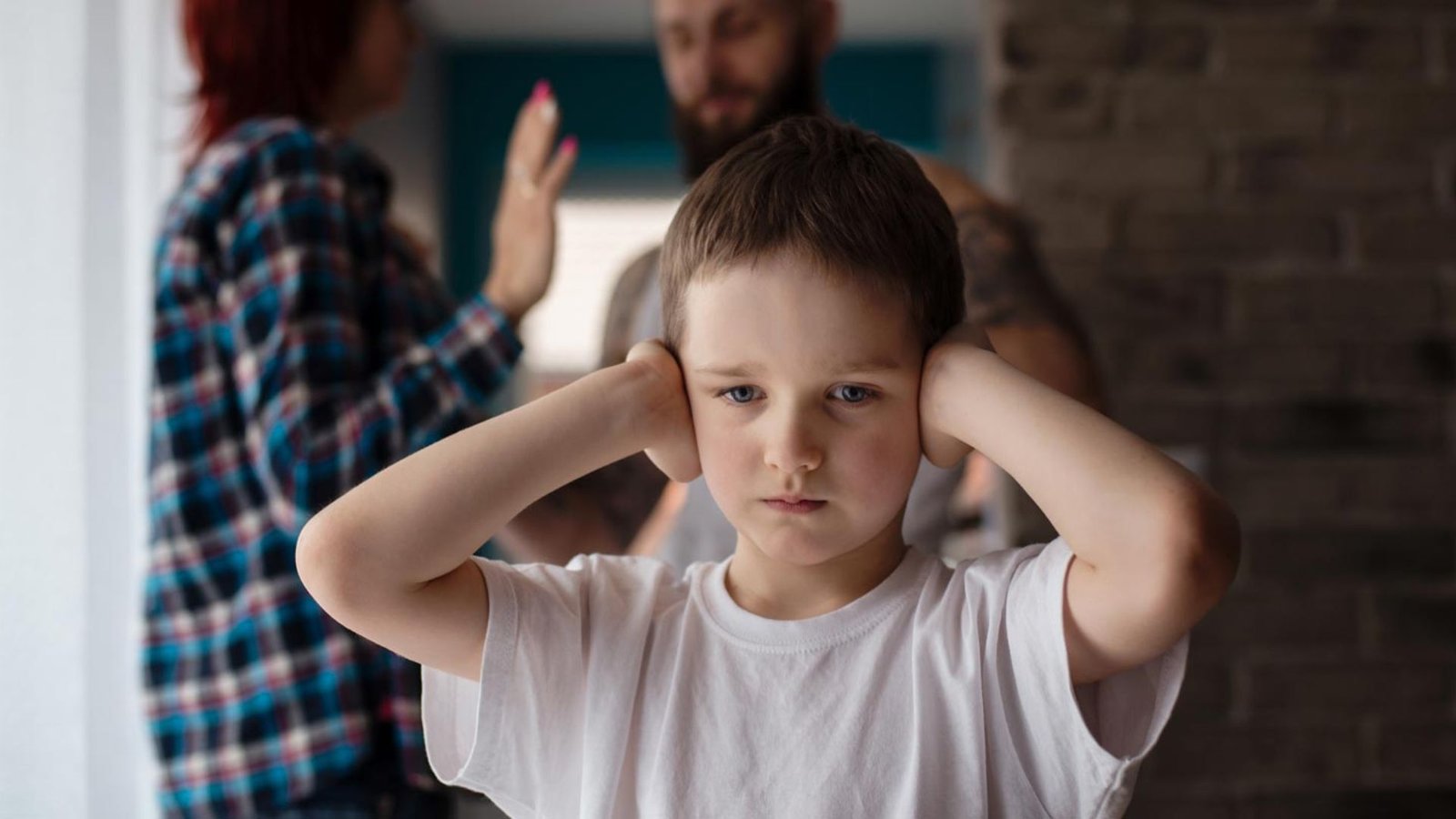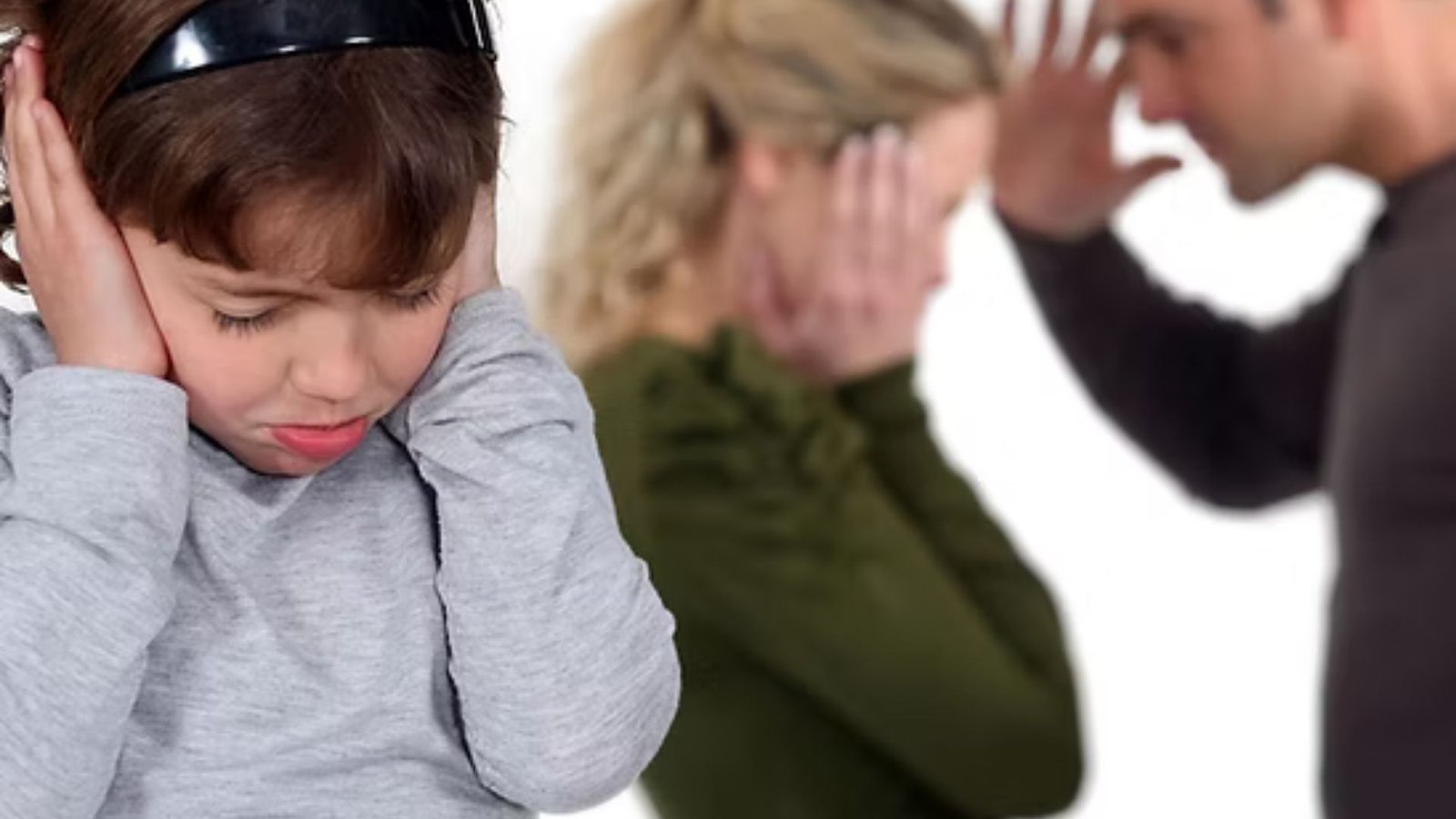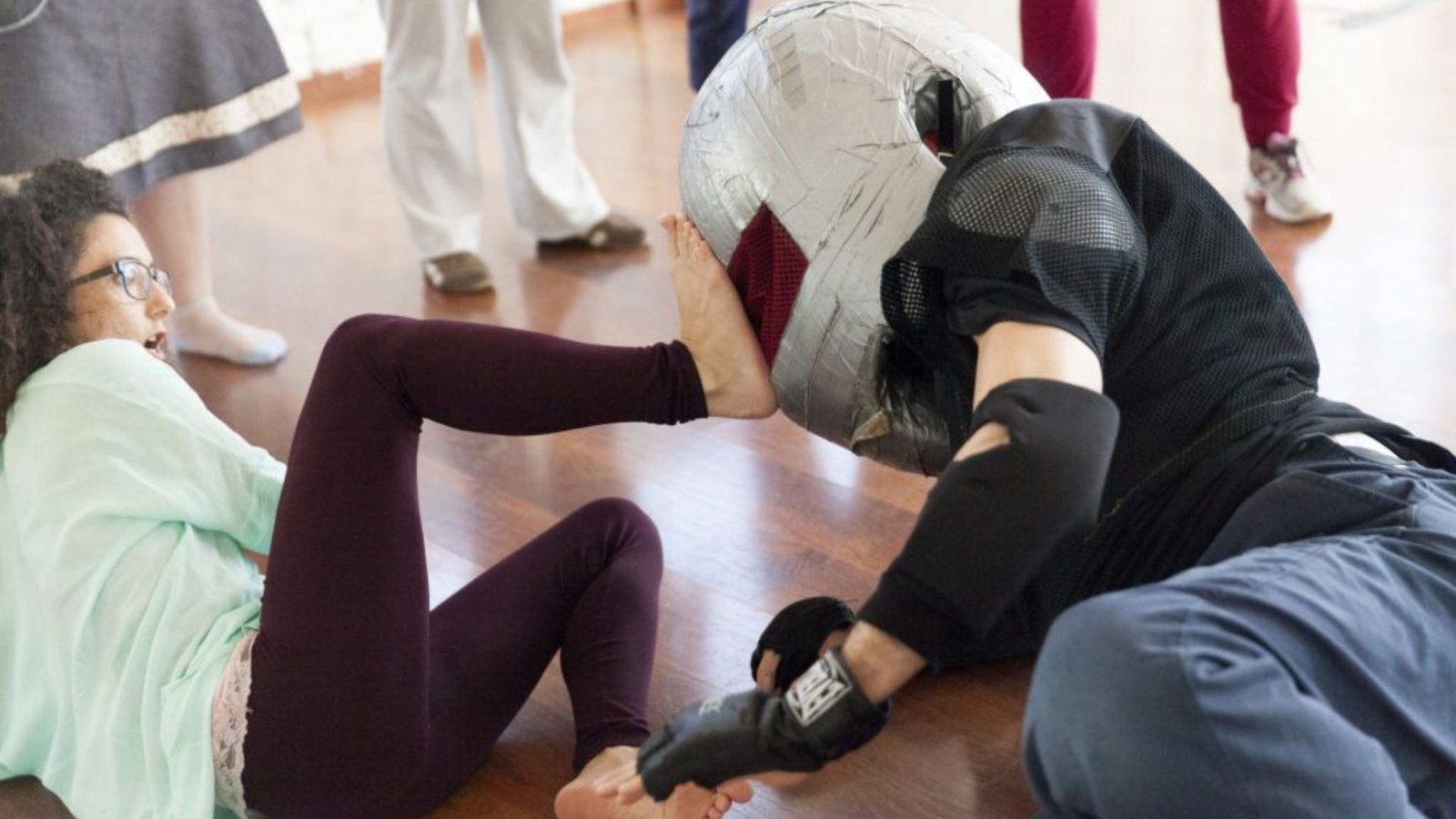Domestic abuse does not only harm the adults involved; it can have a profound and lasting impact on children as well. Children who witness or experience domestic violence often face emotional, psychological, and even physical consequences that can affect their well-being and development. In this article, we will explore how domestic abuse affects children and what steps can be taken to support them.

1. Emotional and Psychological Impact
Children who witness domestic abuse often experience intense emotional and psychological distress. They may feel confused, scared, and helpless, not fully understanding what is happening but still being deeply affected by it.
Common emotional effects include:
- Fear and anxiety: Children often feel scared of the violence they witness and may worry about their safety or the safety of their loved ones.
- Guilt and shame: Some children blame themselves for the abuse, believing that they could have stopped it or that they somehow caused it.
- Depression: Constant exposure to violence can lead to feelings of sadness and hopelessness.
- Anger and frustration: Children may become angry, either toward the abuser, the victim, or even themselves.
These emotional effects can cause children to have difficulty with relationships, struggle in school, and feel disconnected from others.
2. Behavioral Changes
The behavioural changes in children exposed to domestic violence are often a direct result of the stress, fear, and trauma they experience. They may act out, withdraw, or even display signs of aggression.
Common behavioural effects include:
- Aggression or violent behaviour: Children may mimic the abusive behaviour they see at home, acting aggressively toward peers or family members.
- Withdrawal or isolation: Some children may withdraw from friends, family, and social activities because they feel unsafe or unsure of how to interact with others.
- Trouble in school: These children may have difficulty concentrating, leading to poor academic performance. They may also have trouble with authority figures and school rules.
- Risk-taking behaviours: As they grow older, children exposed to domestic abuse may engage in risky behaviours, such as drug use, early sexual activity, or truancy.
These behavioural changes often reflect the child’s attempt to cope with or make sense of their traumatic experiences.
3. Physical Health Problems
Children who are exposed to domestic violence may also experience physical health problems, both from direct abuse or as a result of the stress they endure.
Physical health issues may include:
- Chronic health problems: Stress and trauma can lead to long-term issues like headaches, stomachaches, or sleep disturbances.
- Injuries from abuse: In some cases, children may also be directly harmed during episodes of domestic violence. This could include physical injuries from being hit or caught in the violence.
- Difficulty with sleep: Anxiety and fear from living in a violent environment can lead to trouble falling asleep or staying asleep.
The physical toll of living in an abusive household can be severe and long-lasting.
4. Impact on Development
Children who witness abuse may experience delays or difficulties in their emotional and cognitive development. The environment of fear and stress can hinder a child’s ability to learn and grow in healthy ways.
Developmental challenges include:
- Delayed emotional development: Children may have trouble understanding or managing their emotions, which affects their relationships with others.
- Cognitive delays: Constant stress can affect brain development, making it harder for children to focus or perform well academically.
- Attachment issues: Children exposed to domestic violence may struggle with forming healthy attachments to caregivers, leading to difficulties in building trust and emotional bonds.
These developmental challenges can follow children into adulthood, affecting their ability to form stable relationships and succeed academically and professionally.
5. Social and Relational Effects
Children who live in an abusive environment often struggle with social relationships and may have difficulty interacting with peers or adults. The trauma they experience can leave them unable to trust others or form positive bonds.
Social effects include:
- Difficulty trusting others: Due to their experiences with betrayal and violence at home, these children may find it hard to trust people outside the home.
- Poor social skills: Children may have trouble making friends, maintaining friendships, or engaging in group activities due to emotional scars or withdrawn behaviour.
- Relationship struggles: As they grow older, these children may struggle with relationships in their own lives, often repeating unhealthy patterns of behaviour or being more likely to stay in abusive situations.
Social and relational difficulties can affect a child’s overall well-being and future success in personal relationships.
6. Increased Risk of Abuse
Unfortunately, children who grow up in environments of domestic violence are at an increased risk of becoming involved in abusive relationships later in life. Research shows that children who witness abuse are more likely to become either victims or perpetrators of abuse in their adult relationships.
Risk factors include:
- Normalization of violence: If children grow up witnessing abuse, they may come to see violence as an acceptable way to solve problems or express emotions.
- Cycles of abuse: Children who experience abuse are more likely to become involved in abusive relationships, continuing the cycle of violence into the next generation.
Early intervention is critical to breaking this cycle and preventing future harm.
7. How to Support Children Affected by Domestic Abuse
Supporting children who have been exposed to domestic violence requires patience, understanding, and access to the right resources. It’s important to help children feel safe and heard and to provide a stable and nurturing environment.
Ways to help include:
- Encourage open communication: Let the child express their feelings without judgment. Validate their emotions and reassure them that they are not at fault.
- Seek professional support: Counselors and therapists who specialize in trauma and child development can help children cope with the aftermath of domestic violence.
- Provide stability and routine: Offering a sense of normalcy through routines and stable caregiving can help reduce the child’s anxiety.
- Ensure safety: If the child is still living in an unsafe environment, it is important to help them find a safe place to stay, such as a shelter or the home of a trusted relative.
Getting children the support they need early can help minimize the long-term impact of domestic abuse and guide them toward a healthier future.
Conclusion
Domestic abuse affects children in many ways, from emotional and psychological harm to physical health issues and developmental delays. The trauma of witnessing or experiencing violence can shape a child’s future, affecting their ability to trust, learn, and form healthy relationships. It’s crucial to provide support, stability, and professional care to help children heal from the effects of abuse. With the right resources and intervention, children can overcome the trauma of domestic violence and grow into healthy, resilient individuals.




